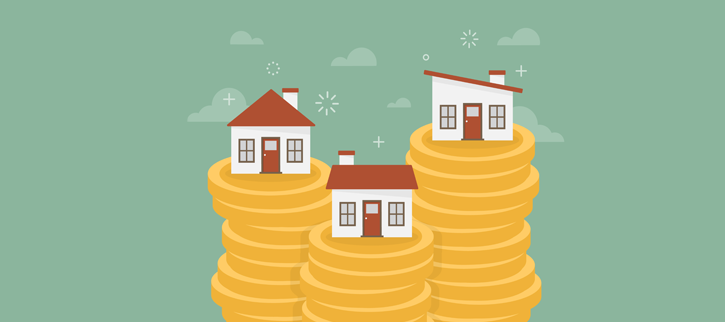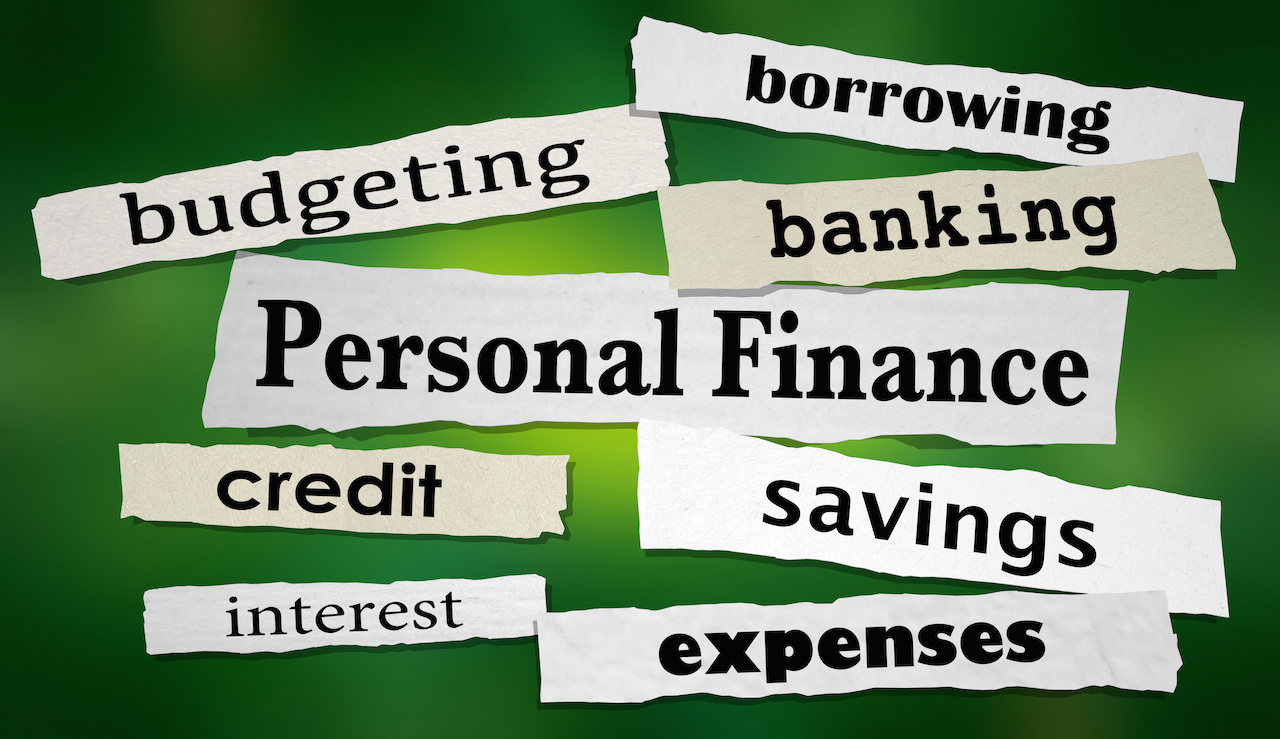If you want to finance a large purchase, pay for your child’s education or simply need an influx of cash, then you may want to consider getting a second home mortgage. A second mortgage is a subordinate mortgage you take using your home as collateral. You can receive this loan while you are still making payments on your original mortgage. A second mortgage is available after you have built equity in your home, often by paying down the principle on your primary loan.
Second Mortgage Lenders
Many of the banks, credit unions and online lenders that provide traditional mortgages also offer second mortgage loans. Start by inquiring with your primary mortgage lender, and then select a few other institutions for comparison. Interest rates, maximum loan amounts and repayment terms vary, so it’s worth shopping around before committing to a loan. When evaluating lenders, watch out for the following red flags:
- Voluntary insurance: Some lenders ask you to purchase add-on insurance, which is often unnecessary and costly.
- Balloon payment: This refers to the final lump-sum payment due at the end of the loan term. Although they make for lower monthly installments, balloon payments can be dangerous if you don’t budget for them in advance or your finances are unpredictable.
- Prepayment penalties: It’s advantageous to prepay a loan if you can, so steer clear of lenders who penalize you for paying it off early.
How to Get a Second Mortgage
It makes sense to first approach your primary mortgage lender for a second loan. If your account is in good standing and you have a good credit score, then it may prove easy to get additional financing with attractive terms. This also makes it convenient for you, as the lender can combine both mortgage payments into one.
Second Mortgage Options
The most common type of second mortgage is a lump sum. You receive a set amount of cash that you pay back via fixed monthly payments over an established period of time. Alternatively, you can get a second mortgage that operates like a line of credit. The lender sets a maximum borrowing limit, and you can withdraw money as needed during the draw period until you reach that limit. Then, the repayment period begins where you make payments only on what you borrowed.
How Does a Second Mortgage Work?
When you get a second mortgage, it usually carries a higher interest rate than your primary mortgage. The rates are high because, if you default on your first mortgage, then the primary mortgage holder gets paid first. The second mortgage lender only gets paid if there are any assets left over, so the loan is riskier than a traditional mortgage. Still, second mortgage interest rates are often better than credit card or personal loan rates.
Before approving a second mortgage, some lenders require that you get a home appraisal to determine how much equity you have in the property. Appraisals generally cost between $300 and $500 and are an additional expense to consider before getting this type of loan.
Advantages of a Second Mortgage
There are some advantages to taking out a second mortgage. First, mortgage interest is tax deductible as long as you meet the criteria set forth by the IRS. This deduction is for the combined interest on both of your mortgages, but it is worth it if you have a smaller primary mortgage and don’t max out the interest deduction. As mentioned, the second mortgage may carry a lower interest rate than alternatives like credit cards or personal loans, making it a good option if you need affordable financing.
Some buyers get a second mortgage — often called a junior mortgage or piggy-back mortgage in this instance — when buying a home to avoid paying costly private mortgage insurance (PMI) if they do not have a 20% down payment. This can save you hundreds of dollars a month, but do the math to ensure that the total cost of the loan doesn’t add up to more than the PMI.
Disadvantages of a Second Mortgage
There are some downsides to taking out this kind of loan. The most significant disadvantage is that you are using your home as collateral. If you fall on hard times or are unable to make payments, then you risk losing your home. Additionally, there are costs to securing this kind of loan, such as the appraisal charge and any legal fees. Although some lenders promise “no cost” second mortgages, these companies generally just roll those fees into the overall balance of the loan, and they become part of your monthly payment.
Conclusion
A second mortgage can be a good source of financing as long as you budget appropriately and spend the money wisely. If you want to pay for a vacation or a new boat, a second mortgage is a risky choice, but if you need the money for medical bills or a college education, and you’re confident you can meet the repayment terms, then it may be a worthwhile investment.





















